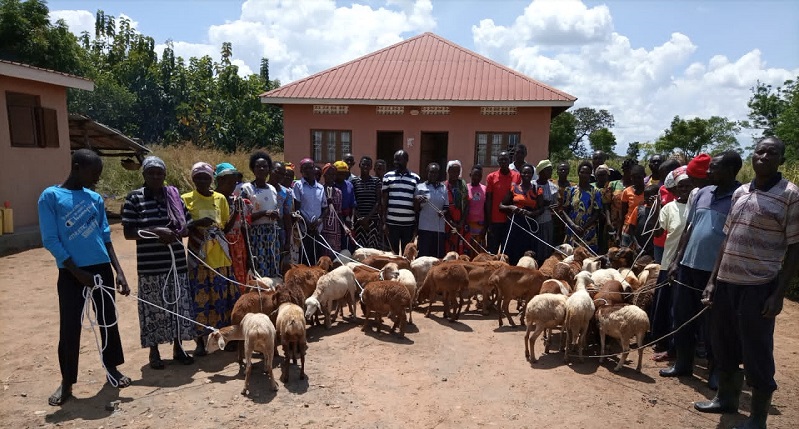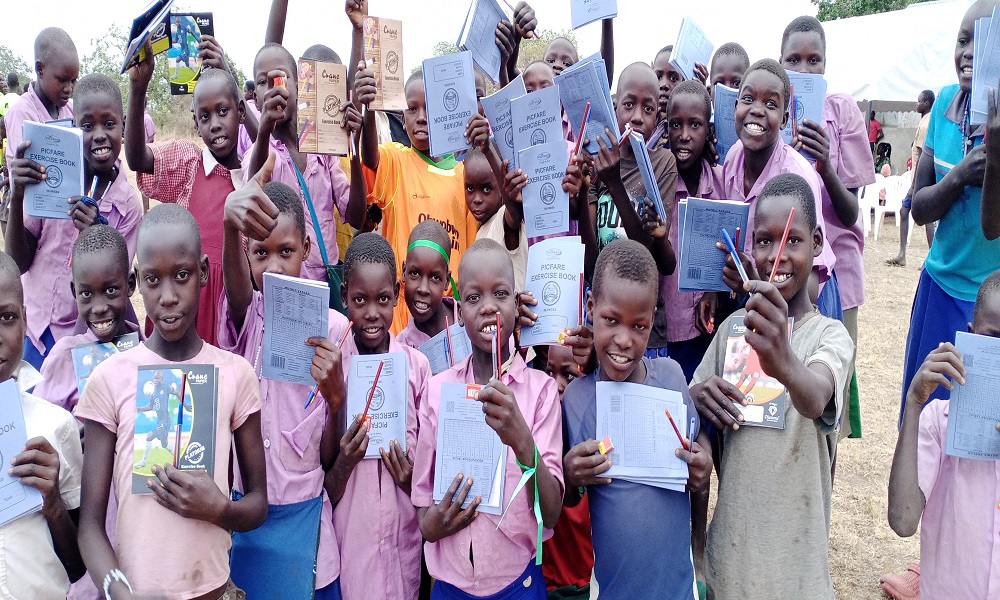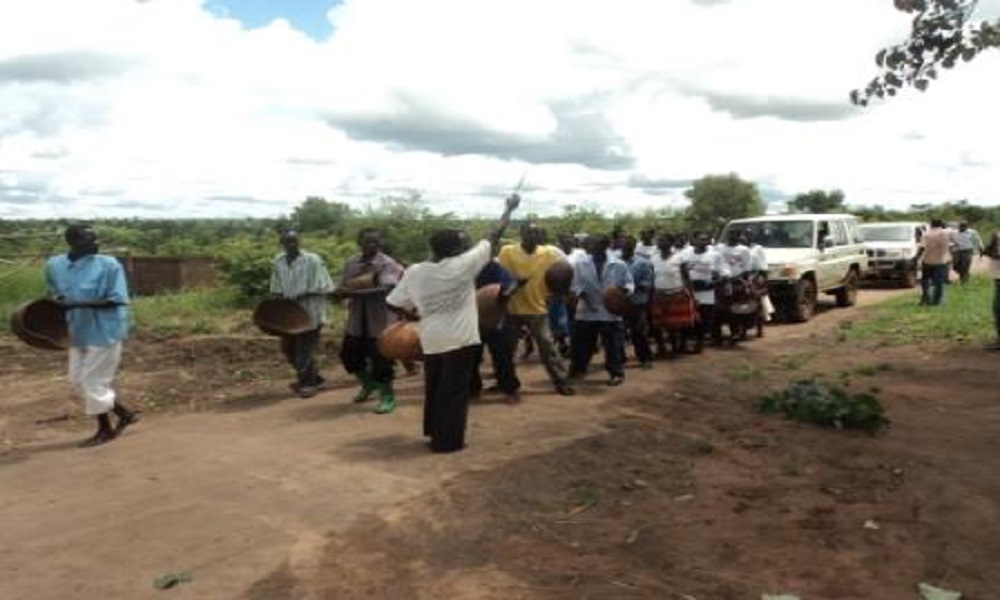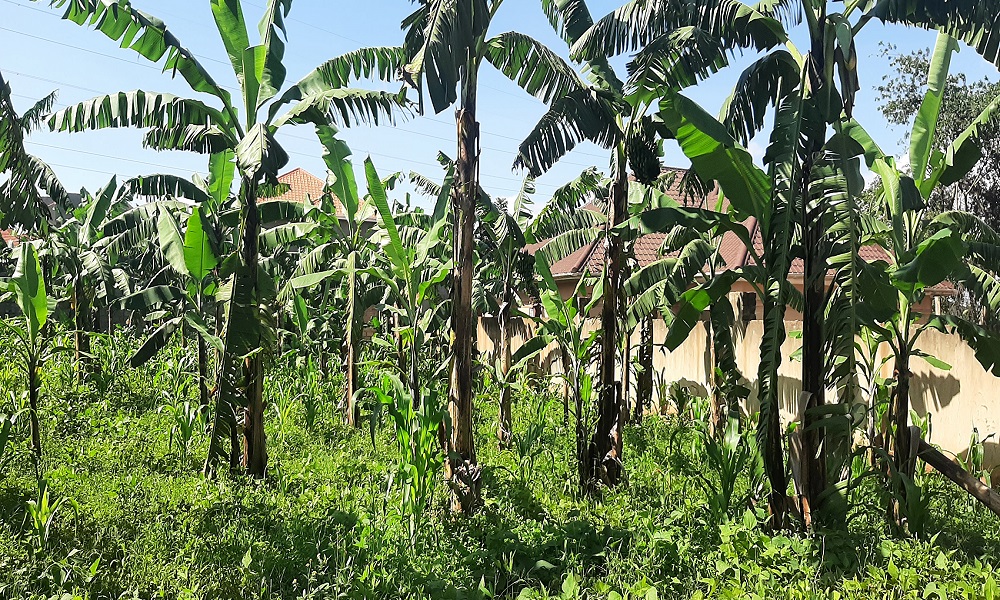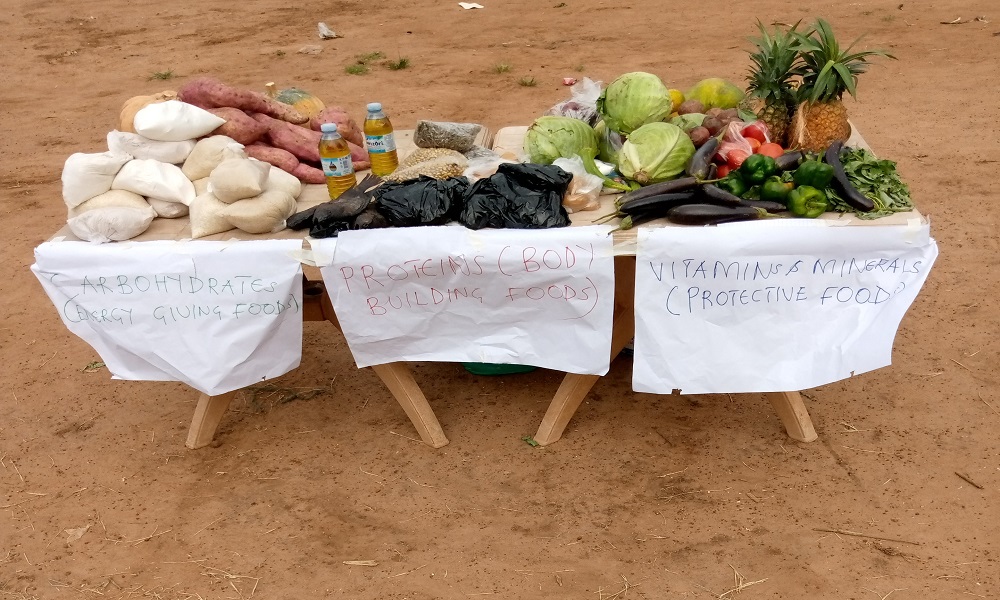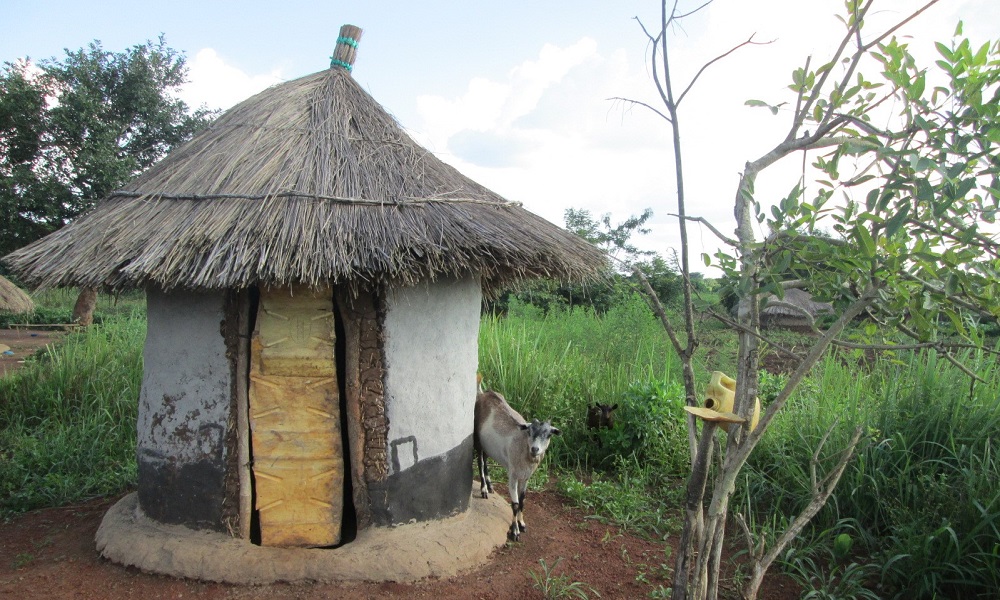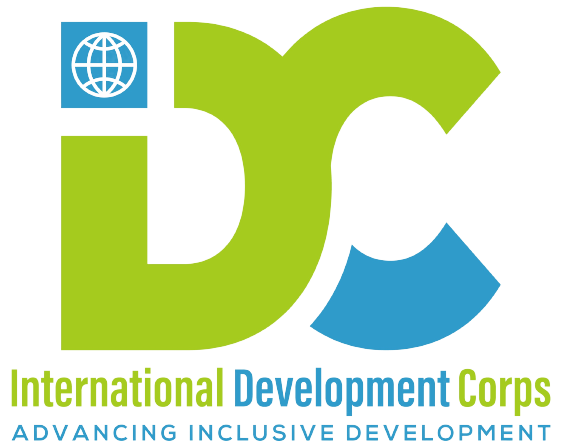Water source rehabilitation
FACTS & FIGURES
- Approach to WASH
- Water Security
- Drilling of new wells
- Sanitation
In many rural areas, boreholes are the primary source of water for both domestic and agricultural use. Unfortunately, many boreholes fall into disrepair due to lack of maintenance. IDC’s WASH programming includes borehole rehabilitation interventions which involves flushing the boreholes, installing riser pipes, and replacing damaged cylinders and other components. These efforts help to restore the functionality of the boreholes, providing a reliable source of water for the surrounding communities.
The program also includes training community-based hand pump mechanics to perform routine maintenance and repairs on the boreholes. This empowers the local community to take ownership of the boreholes, ensuring their long-term sustainability. In schools, borehole rehabilitation can have a significant impact on student attendance and academic performance. By providing access to clean water, students are less likely to fall ill, and can focus on their studies. Our water source rehabilitation interventions are a critical component of our broader efforts to promote water security, prevent the spread of waterborne diseases, and build resilient communities.

